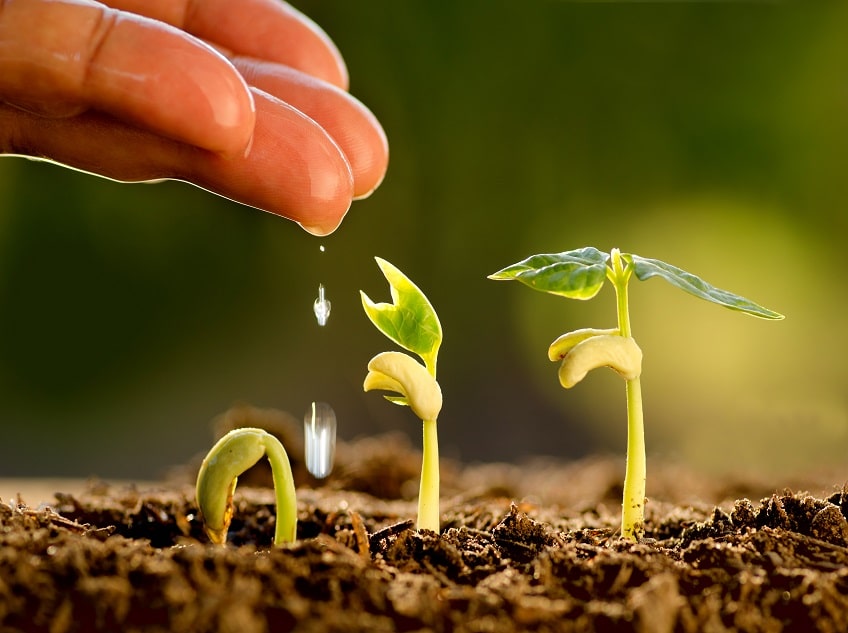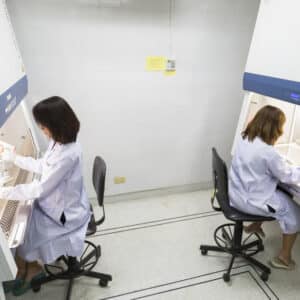Postgraduate Programs in Agriculture.
The study of agriculture as a postgraduate offers a number of career options. Primarily, farming and food production related fields. However, there is significant overlap between agricultural studies and conservation-related careers.
Postgraduate Programs in Agriculture Trends
Agricultural studies falls under the overall category of biological sciences. In 2015- 2016 in Ireland, almost 450 students enrolled in postgraduate courses related to biological sciences, including agriculture. This made biological sciences the 3 rd most popular subject for postgraduate students in Ireland in 2015-2016.
Research Subjects for Postgraduate Programs in Agriculture
The actual research subject and eventually thesis you prepare, will depend on which are available within your specific curriculum. However, typical research subjects could be:
- Management in agriculture – how to effectively manage an agricultural workforce, as well as natural resources, land, etc.
- Agricultural law – general law pertaining to agriculture and farming including employee hiring related law.
- World food crops – a study of specific food crops that are important to the global population such as wheat, rice, potatoes, etc.
- Environmental law – specific law pertaining to agriculture and its effect on the environment and the legislative requirements that agricultural companies must comply with.
- Organic farming and gardening – study based on more traditional agricultural methods that do not use artificial pesticides and fertilizers.
Specialisations in Postgraduate Programs in Agriculture
Many people who decide to study agriculture at postgraduate level, do so by taking a course specialised on a single aspect of agriculture. Typical specialisations that would have relevant specialised courses are:
- Agriculture and environmental risks – how agriculture and farming can negatively affect the environment.
- Plant and soil relationships – the study of the way that specific plants interact in specific ways with the soil. How these relationships can be leveraged for better agriculture.
- Statistics in agriculture – study of the underlying statistics of agriculture, to highlight trends. An important practice when used to highlight potential problems with global food production based upon historical statistical data.
- Sustainable agriculture – the study of integrated ecosystems used to produce multiple crop/food types within a self-sustained ecosystem.
Studying Postgraduate Programs in Agriculture for Professional Reasons
If you are going to study a postgraduate in agriculture, you likely plan to enter into a career in farming or food production. However, an agricultural background is also useful for people who wish to work in conservation and other areas that require an understanding of the natural environment.
Job Roles Which Completing Postgraduate Programs in Agriculture Will Potentially Open Up
Studying towards a postgraduate diploma in agriculture will open up a wide range of career options in related industries. This includes:
- Agricultural consultant – helping farmers and food producers to find the most efficient methods for farming.
- Farm manager – running an agricultural facility such as a farm or a larger integrated agricultural site.
- Plant breeder/geneticist – agriculture is a solid base for a career as a plant breeder/geneticist.
- Soil scientist – working as a lab technician, studying soils samples and working on research and development of soil-related products.
- Crop buyer – responsible for procuring the raw crops used by food manufacturing companies to make their products.
- Smallholder – managing a small plot of land, producing crops for own consumption and to generate an income through sales of excess products.
In Conclusion
Studying for a postgraduate qualification in agriculture usually indicates that the student is heading into a related industry. This is not a broad subject with easily transferable skills. However, there is some overlap with a career in some form of conservation or any other environmental role.












Comments